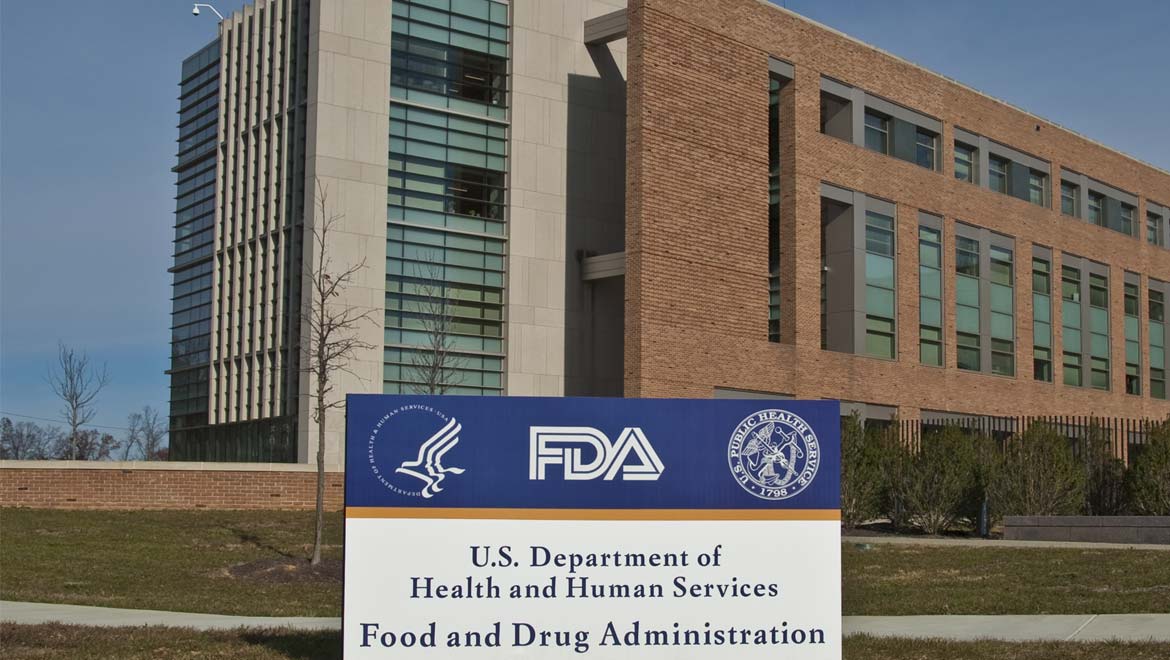In 2004, biotechnology company Genentec, a subsidiary of Roche, was approved for the first anti-cancer drug, Avastin (bevacizumab), specifically prescribed to patients with metastatic tumors in the cervix, lung, kidney, ovary or colon. The therapeutic was largely successful, bringing in $7 billion in sales worldwide.
A few days ago, Amgen-Allergen released a biosimilar for Avastin called Mvasi (bevacizumab-awwb) approved by the U.S. Food and Drug Administration (FDA) for the treatment of different types of tumors in adults such as colorectal cancer, metastatic carcinoma of the cervix, non-squamous non-small cell lung cancer (NSCLC), glioblastoma and metastatic renal cell carcinomas. Although the list of target cancers are the same as its Roche-manufactured predecessor, the approval claims it is not replaceable with Avastin.
Why are biosimilars so important?
You might be wondering, what exactly is a biosimilar? It’s a biological product derived from living organisms, in this case, a drug. Biosimilars are comparable in terms of clinical safety and potency to a previously approved product, albeit one manufactured by a different company. The follow-on is usually an almost identical copy of the original. So why the need to create it? Dr. Scott Gottlieb, FDA Chief talked about the advantages for new medication, and said, “Bringing new biosimilars to patients, especially for diseases where the cost of existing treatments can be high, is an important way to help spur competition that can lower healthcare costs and increase access to important therapies.”
Rumors have been doing the rounds as to how much Mvasi might cost, although the manufacturers have not yet revealed the price. Avastin costs anywhere between $6,100 and $12,300 per month, dependent on each case. When asked, an Amgen spokesperson declined to comment on the status of the price of the drug and when it would be launched in the US. She said, “The patent information exchange under the regulatory scheme governing biosimilars (the BPCIA) is ongoing”. In this partnership, it was made known that Amgen was responsible for development, manufacture and commercialization and Allergen to provide funding and marketing expertise.
Amid such discussions, Amgen Vice President, Sean Harper firmly stated, “The approval of Mvasi marks a significant milestone for healthcare practitioners and patients as the first anti-cancer biosimilar approved in the United States. With decades of experience in oncology and biologics, Amgen continues to expand its biosimilar and oncology portfolios, and Mvasi has the potential to advance access to high-quality, targeted cancer therapy.”
Reiterating what Dr. Gottelieb said about the “FDA’s rigorous gold standard for safety and effectiveness”, we hope that these government-regulated biosimilars are tested appropriately and made available to pharmacies, hospitals and patients at an affordable rate in the near future. All in hope of tackling the silent killer — cancer.
Top image: FDA Building 21 stands behind the sign at the campus's main entrance and houses the Center for Drug Evaluation and Research. The FDA campus is located at 10903 New Hampshire Ave., Silver Spring, MD 20993. (Public Domain)







No comment